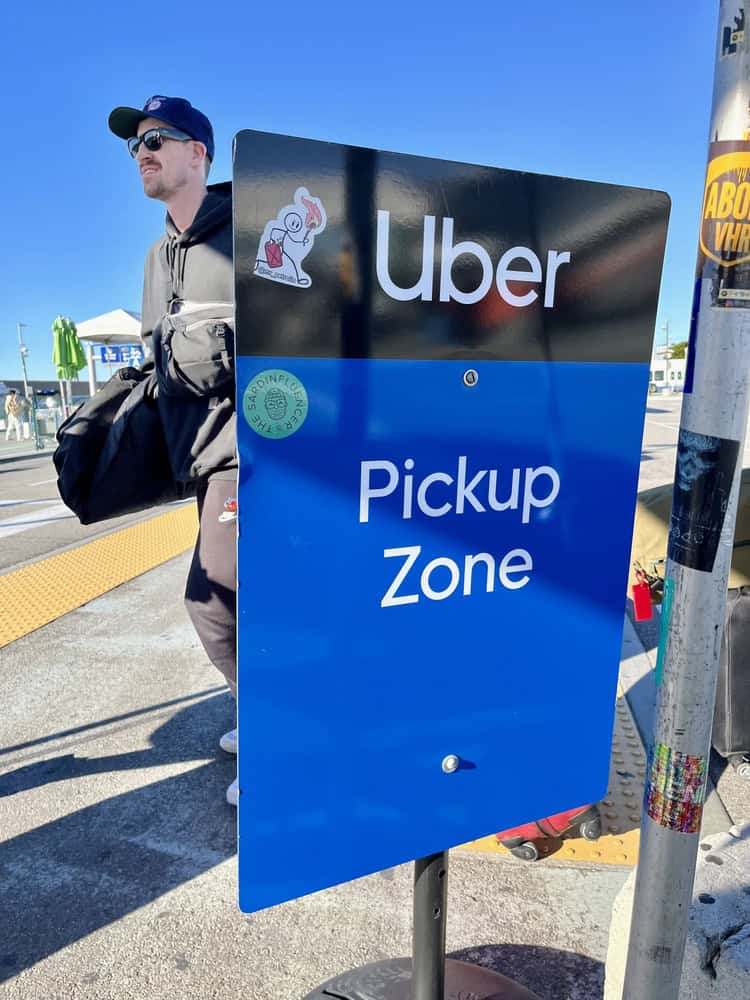Across the country, Uber and Lyft have actively resisted legislation aimed at enhancing passenger safety, testifying in state capitols and city council chambers against measures that would mandate stronger in-ride protections, Stateline‘s Madyson Fitzgerald reported yesterday.
Such opposition has reverberated through efforts in Colorado, Rhode Island, New Jersey, Massachusetts and Florida, where legislators are probing new standards for background checks, recording capabilities and criminal penalties.
In Colorado, following allegations of sexual assault by a Lyft driver against state Representative Jenny Willford, who sued the company earlier this year, lawmakers introduced a bill requiring more frequent driver background screenings and optional audio or video recording during rides. Uber and Lyft responded by warning they would cease operations in the state if the bill became law. Governor Jared Polis vetoed the legislation late last month, citing concerns that it could disrupt rideshare service availability, drive up costs, and deter drivers.
Similar debates are unfolding elsewhere: In New Jersey, legislators proposed a bill mandating rideshare platforms to report investigations related to sexual misconduct and empower companies to suspend drivers under scrutiny. The bill remains under committee consideration. Massachusetts introduced legislation allowing criminal penalties for rideshare drivers who sexually assault passengers and automatically presumes that passengers cannot consent during rides; a hearing is underway in the state Senate.
In Rhode Island, rideshare safety bills are pushing for fingerprint-based background checks and restrictions on unaccompanied minors, but Uber and Lyft have mobilized quickly, employing lobbyists and urging lawmakers in testimony to reject fingerprinting mandates over privacy and accuracy concerns, and arguing that other efforts suffice to ensure safety.
Meanwhile, Florida has taken a different tack: earlier this year, Governor Ron DeSantis signed a bill criminalizing impersonation of a rideshare driver. Uber supported the measure, calling it a necessary step to protect passengers.
Uber and Lyft argue they already offer robust safety features, including background checks, in-app PIN verification, driver identity confirmation via selfies, emergency buttons, and audio/video functionality. Uber spokespersons point to features like “RideCheck” and tools designed to guard both riders and drivers. Lyft emphasizes its annual background checks, safety education and real-time rider notifications in its defense.
However, critics argue that measures currently available aren’t enough to prevent abuse. Lorena Roque, interim director at the Center for Law and Social Policy, noted that app-based work remains under-regulated, leaving gaps in safety protections. Meanwhile, shares of online news coverage and legislative records show that Uber spent up to $50,000 on lobbying in Rhode Island this year, and Lyft contributes around $5,000 monthly—aiming to influence legislation in real time.
For survivors like Rep. Willford, whose harrowing experience in Colorado sparked legislation and garnering public attention, the fight is personal. “The bill’s intention was never to drive Uber or Lyft out—it was to insist they do better,” she told Stateline. Yet as bills stall or fail under pressure, legal advocates warn that passenger protections will lag.
If you or someone you care about experienced sexual assault during a rideshare, you are not alone—and you may have legal options. Survivors deserve justice and support. To better understand your rights and the legal actions being taken against rideshare companies, visit our comprehensive guides for Uber sexual assault lawsuits and Lyft sexual assault lawsuits. These resources explain the ongoing litigation, survivor stories, and how to take the first step toward accountability.




